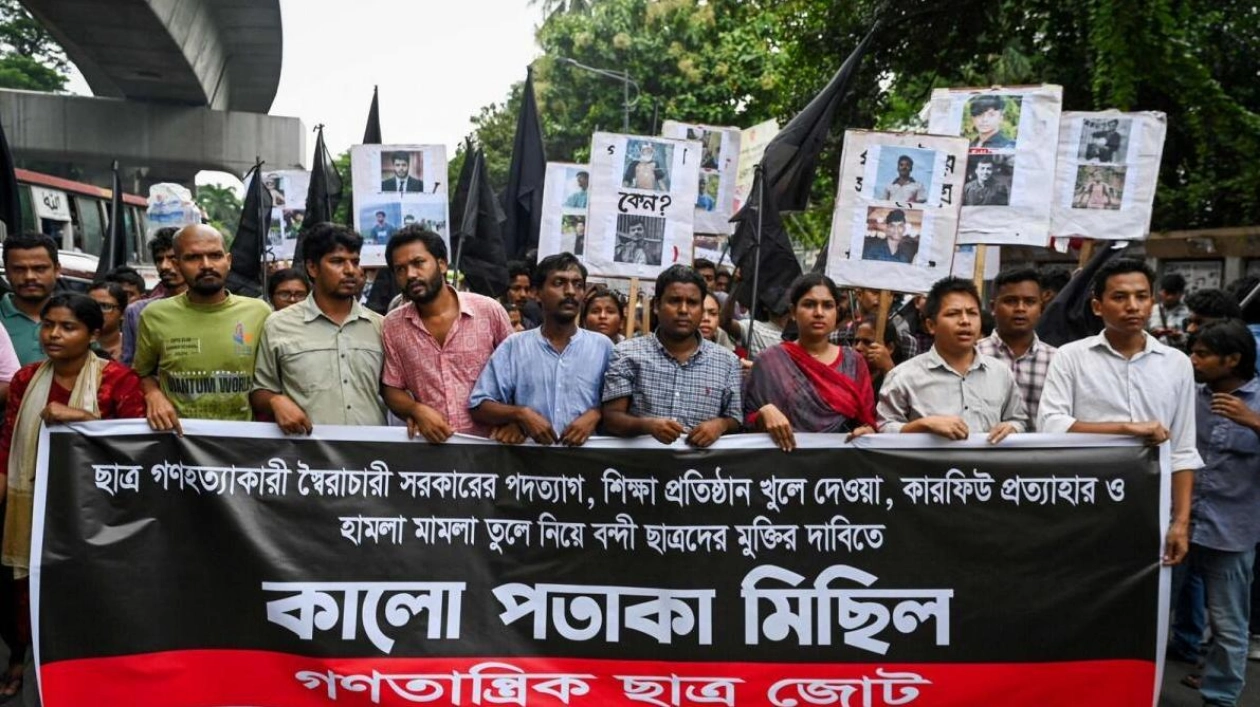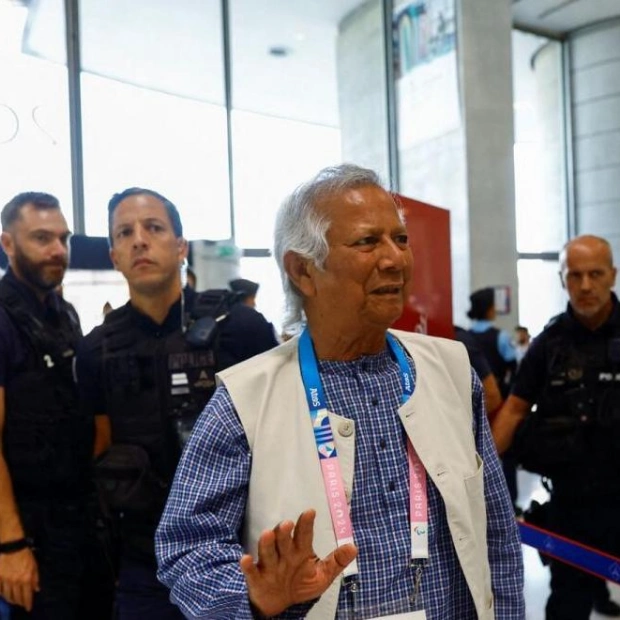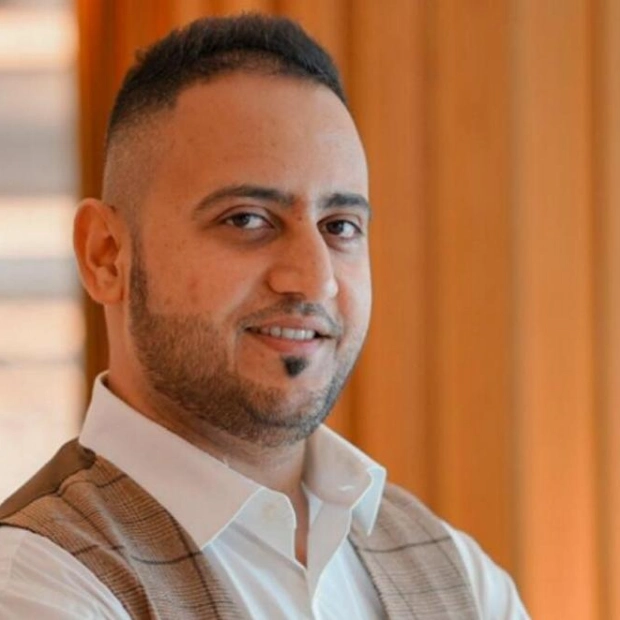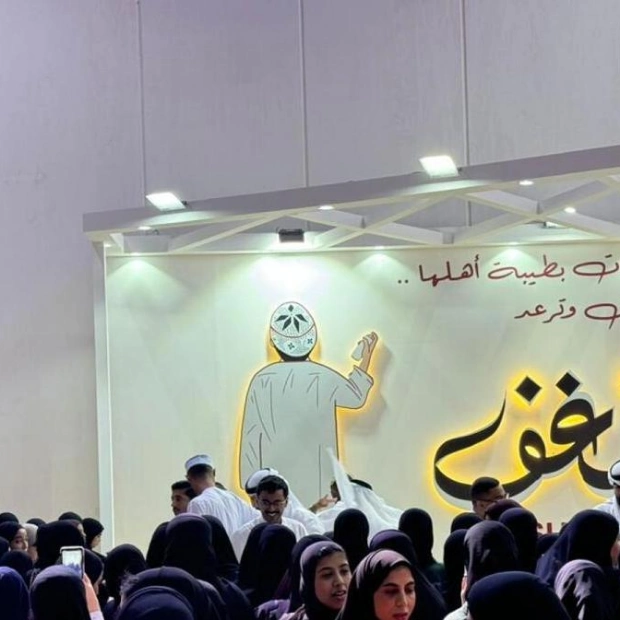On Monday, Bangladeshi students staged scattered street protests as Prime Minister Sheikh Hasina's government disregarded an ultimatum demanding the release of their leaders and an apology for those killed in recent violent unrest. Student demonstrations against civil service job quotas earlier this month led to days of violence that resulted in at least 205 deaths, including several police officers, according to an AFP tally based on police and hospital records. These clashes marked some of the most severe during Hasina's 15-year rule, but her administration has largely re-established order through the deployment of troops, the imposition of a curfew, and a nationwide internet shutdown. Thousands have been detained by police, including at least half a dozen leaders from the Students Against Discrimination group, which initiated the protests.
Abdul Kader, a coordinator for the group, expressed in a statement the government's continued insensitivity towards their cause, urging all Bangladeshi citizens to support their demands and participate in their movement. Protests took place in Dhaka and other parts of Bangladesh, though they were significantly smaller than those earlier in the month. Police used batons to disperse a protest on the outskirts of Dhaka, arresting at least 20 individuals, as reported by Prothom Alo. Security forces were widely deployed in the city to prevent further demonstrations. Students Against Discrimination had threatened to resume protests if their leaders were not released by Sunday evening, demanding a public apology from Hasina, the dismissal of several ministers, and the reopening of schools and universities that were closed during the unrest.
Since the start of the unrest, at least 9,000 arrests have been made nationwide, according to Prothom Alo. UN Secretary-General Antonio Guterres expressed concern over reported mass arrests and allegations of excessive force by security forces, as stated by spokesman Stephane Dujarric. Although troops continue to patrol urban areas and a nationwide curfew remains in effect, it has been gradually relaxed. Bangladesh's mobile internet service was restored after 11 days of a nationwide blackout, indicating the government's confidence in regaining control. The foreign ministry attributed the return to normalcy to timely and appropriate government measures. Hasina's government also announced a national mourning day for those killed during the unrest.
The protests initially erupted over the reintroduction of a quota system reserving over half of government jobs for specific groups, a move that deeply disturbed graduates amidst an acute jobs crisis. Critics argue that the quota system is used to fill public jobs with loyalists of the ruling Awami League. The Supreme Court reduced the number of reserved jobs but did not meet the protesters' demand to eliminate the quotas entirely. Hasina, who has been in power since 2009, secured her fourth consecutive term in January after an election without genuine opposition. Her government faces accusations from rights groups of abusing state institutions to consolidate power and suppress dissent, including the extrajudicial killing of opposition activists. The government has blamed opposition parties for exploiting the protests to incite unrest, while the Home Minister claimed that security forces exercised restraint but were compelled to use force to protect government buildings.






